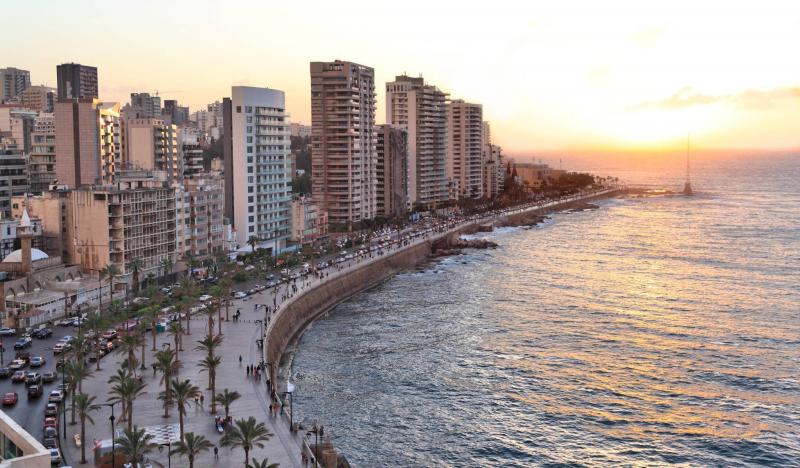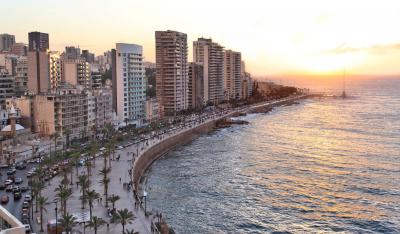Combat operations continue between Hezbollah and Israel while Lebanon faces extremely difficult political and economic conditions, raising fears that these situations could worsen if limited military operations escalate into a full-scale war. Border shelling between the party and Israel has persisted since the Gaza war began in October, and the chances of a broader conflict increased after a missile hit a soccer field in the occupied Golan Heights, resulting in the death of 12 people—a incident for which Hezbollah has denied responsibility.
Current crises in Lebanon can be summarized as follows, both economically and politically, while Lebanese citizens worry about the outbreak of war.
**Economic Collapse**
Lebanon continues to suffer from the repercussions of a catastrophic financial collapse that struck the country in 2019 due to soaring spending levels and corruption among the ruling elite over decades. The financial collapse led to a stark decline in the value of the local currency, impoverishing a large portion of the population and paralyzing the banking sector, resulting in the largest migration wave since the civil war that took place from 1975 to 1990. The World Bank described this collapse as one of the most severe periods of recession in modern times. Lebanon's GDP plummeted from $55 billion in 2018 to $31.7 billion in 2020, and the government has not implemented the necessary reforms for recovery to date. Public sector salaries have shrunk, and aid from Qatar and the United States provided only a slight boost to the salaries of the Lebanese army, which has long been viewed as essential for maintaining civil peace. A World Bank report issued in May revealed that Lebanon continues to be affected by the crisis, concluding that the poverty rate has tripled over the past decade, affecting 44 percent of the population. The report also stated that 1 in every 3 Lebanese fell into poverty in 2022 across five governorates included in the study, including Beirut. While new restaurants in Beirut serve the wealthy, the World Bank report indicated that 3 out of 5 families have cut back on food spending. The International Monetary Fund stated in May that the failure to take action regarding necessary economic reforms continues to inflict heavy losses on the economy and the population. It added that the banking system lacks a credible and viable financial strategy.
**Political Crisis**
Lebanon currently has no president or fully empowered government since Michel Aoun's presidential term ended in October 2022, leaving an unprecedented political vacuum. Prime Minister Najib Mikati's government has been handling day-to-day affairs since then. Deeply divided Lebanese factions must reach an agreement to fill the presidential vacancy and form a fully empowered government. Such crises in the past have only been resolved through foreign mediation, but no signs of effective intervention have emerged this time.
**Syrian Refugee Crisis**
Thirteen years after the outbreak of the Syrian conflict, Lebanon remains home to the largest number of refugees relative to its population in the world. About 1.5 million Syrians live in Lebanon, half of whom are officially registered as refugees with the United Nations High Commissioner for Refugees, while the Lebanese population is around 4 million. Funding for the Syrian crisis is dwindling, reflecting the struggles of donors dealing with other conflicts around the world. Despite political disagreements, there is a consensus among the parties on the necessity for the return of Syrians to their homeland.




